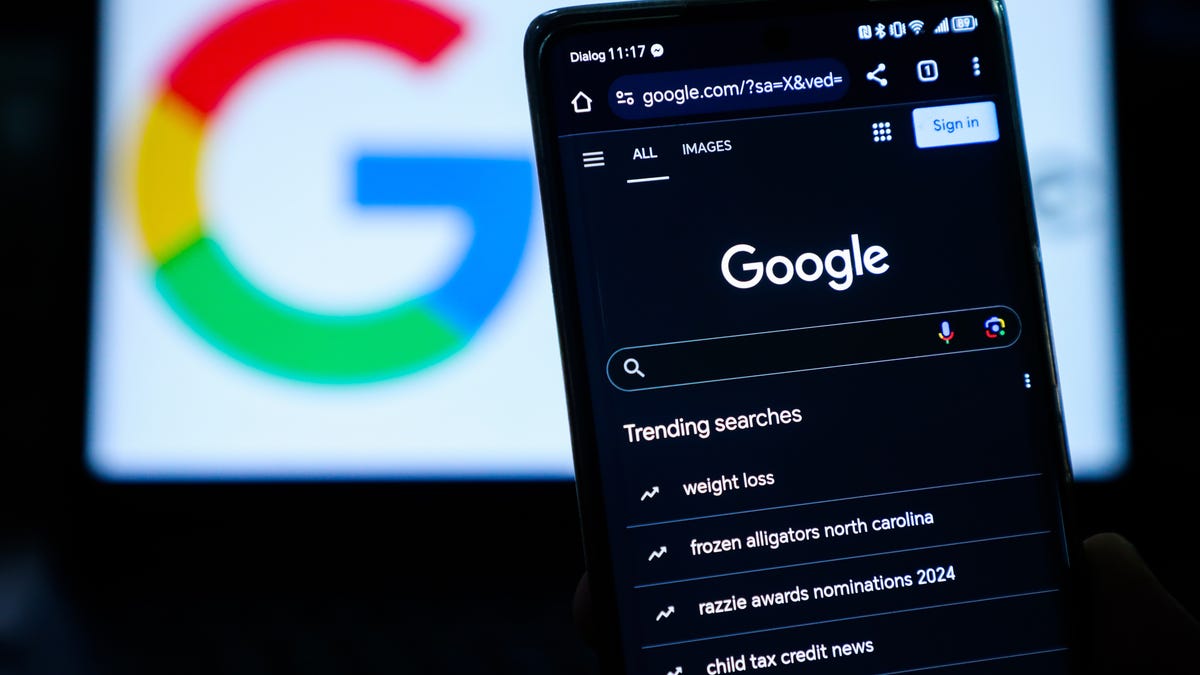In This Story
Google’s recent antitrust battle and Microsoft’s 1998 case are inextricably linked. Google, like Microsoft, lost its case. And in U.S. District Court Judge Amit Mehta’s 277-page ruling this week, he mentioned Microsoft 266 times.
Mehta ruled that Google broke antitrust laws and monopolized the search engine and a subset of the search advertising market (i.e. text ads). Google said it plans to appeal the court’s decision. The court, in Microsoft’s case, found the company monopolized computer operating systems — in part through unlawful exclusive arrangements with computer manufacturers and internet providers — and ordered it to break up into two entities. Microsoft appealed the decision, and the DOJ ended up settling with the company in 2001. The settlement kept Microsoft’s software intact but barred the company from making deals with PC-makers and internet access providers. It also forced Microsoft to share parts of its then-private source code with other software developers so they could make their apps available on Windows.
“Microsoft will be prohibited from entering into agreements requiring the exclusive support or development of certain Microsoft software,” the Department of Justice said in its announcement of the settlement. “This will allow software developers and computer manufacturers to contract with Microsoft and still support and develop rival middleware products.”
Sound familiar? Thought so.
Google faced nearly-identical backlash from the DOJ over its exclusive distribution agreements with web browser developers (i.e. Apple), smartphone manufacturers running on Android’s platform (i.e. Samsung), and cell service providers (i.e. Verizon). Google paid exorbitant sums to these companies to be the default search engine on their products. For example, Google paid Apple $20 billion in 2022 to be the default Safari search tool on its iPhones and other devices.
“The end result here is not dissimilar from the Microsoft court’s conclusion as to the browser market,” Mehta wrote in his ruling. “Just as the agreements in that case “help[ed] keep usage of Navigator [its competitor Netscape’s internet browser] below the critical level necessary for Navigator or any other rival to pose a real threat to Microsoft’s monopoly, Google’s distribution agreements have constrained the query volumes of its rivals, thereby inoculating Google against any genuine competitive threat.”
The Department of Justice has yet to offer a remedy for Google’s actions, and experts expect that proceedings to determine those remedies will occur in the coming months. Several outcomes could play out: The DOJ could ban Google’s distribution agreements, or it could simply impose a monetary penalty on the company. A ban on Google’s exclusive distributor deals seems likely, given the Microsoft case outcome.
In the most extreme cases, Wedbush analyst Dan Ives said this could result in Apple replacing Google with a different search engine as the default for Safari, or Apple could develop its own search engine, potentially with a Google rival such as OpenAI. Such scenarios are unlikely.
Either way, a ban on Google’s exclusive deals would hinder its dominance and leave paths for rivals to emerge at a time when AI is reshaping internet searches. OpenAI recently unveiled its own search engine, SearchGPT.
Microsoft’s settlement with the DOJ was the beginning of the end of its once-dominant browser, Internet Explorer. There’s no telling whether the same can be said for Google Search, which so far has had success in its attempt to keep up with the times by integrating AI.

